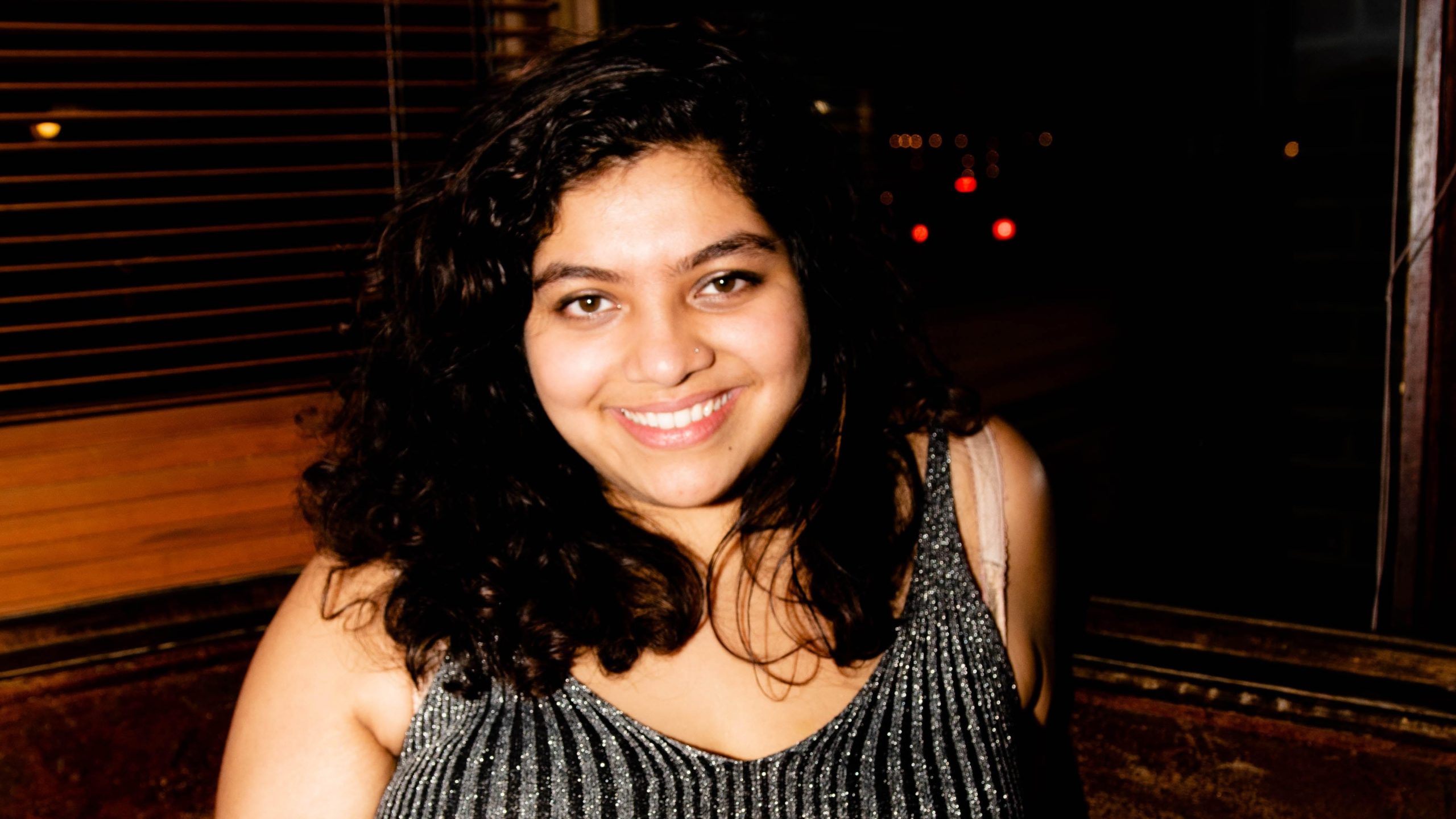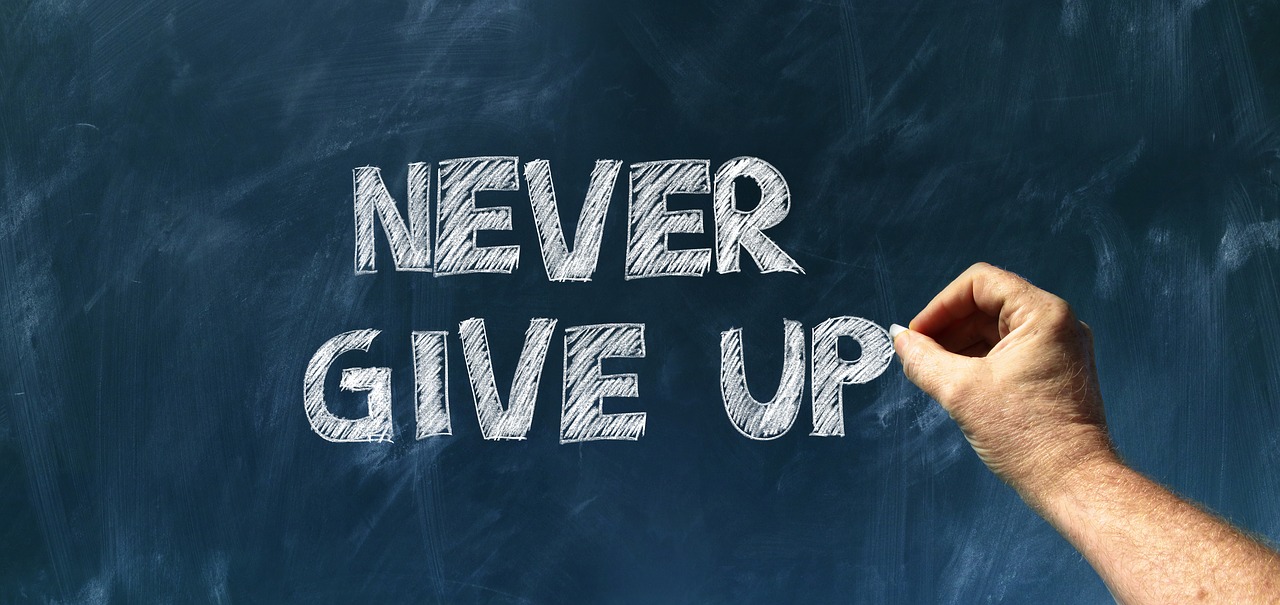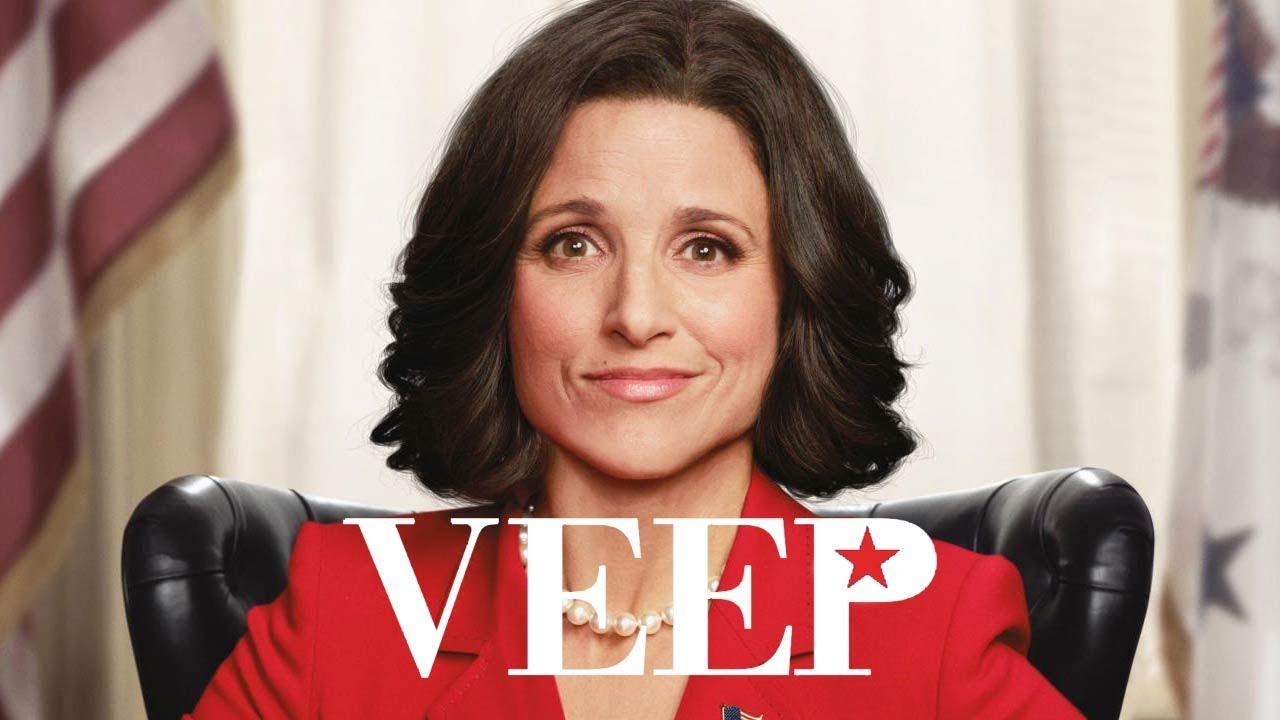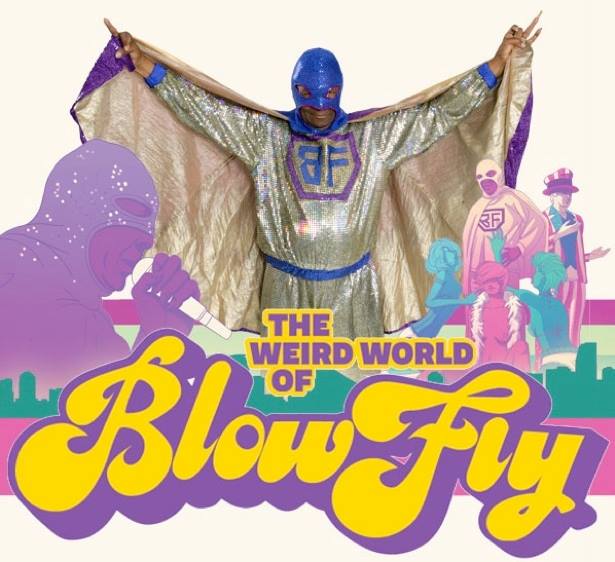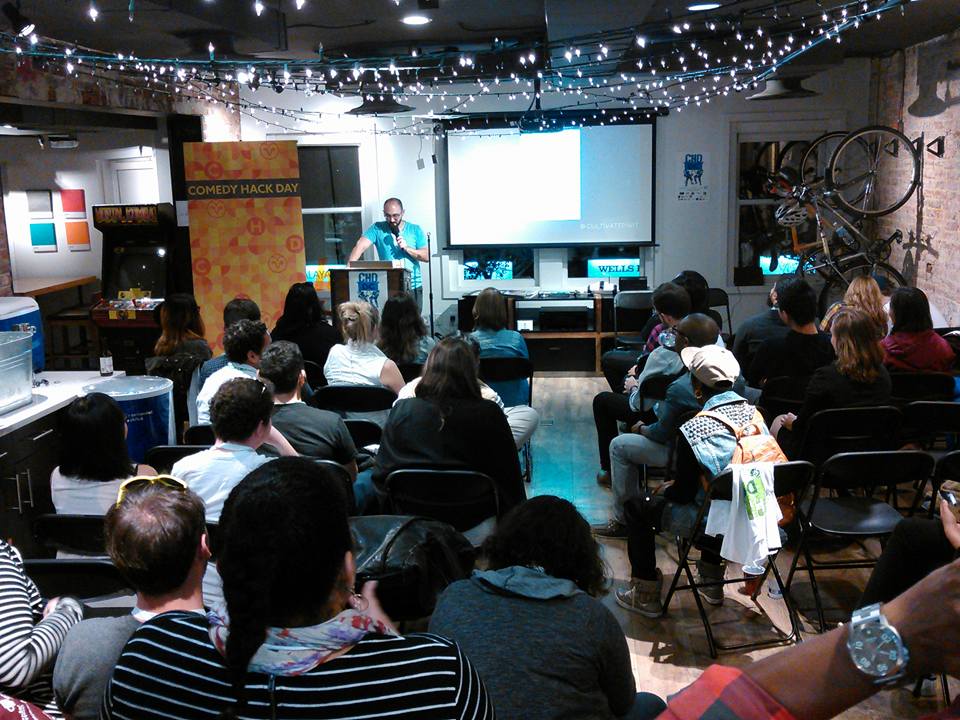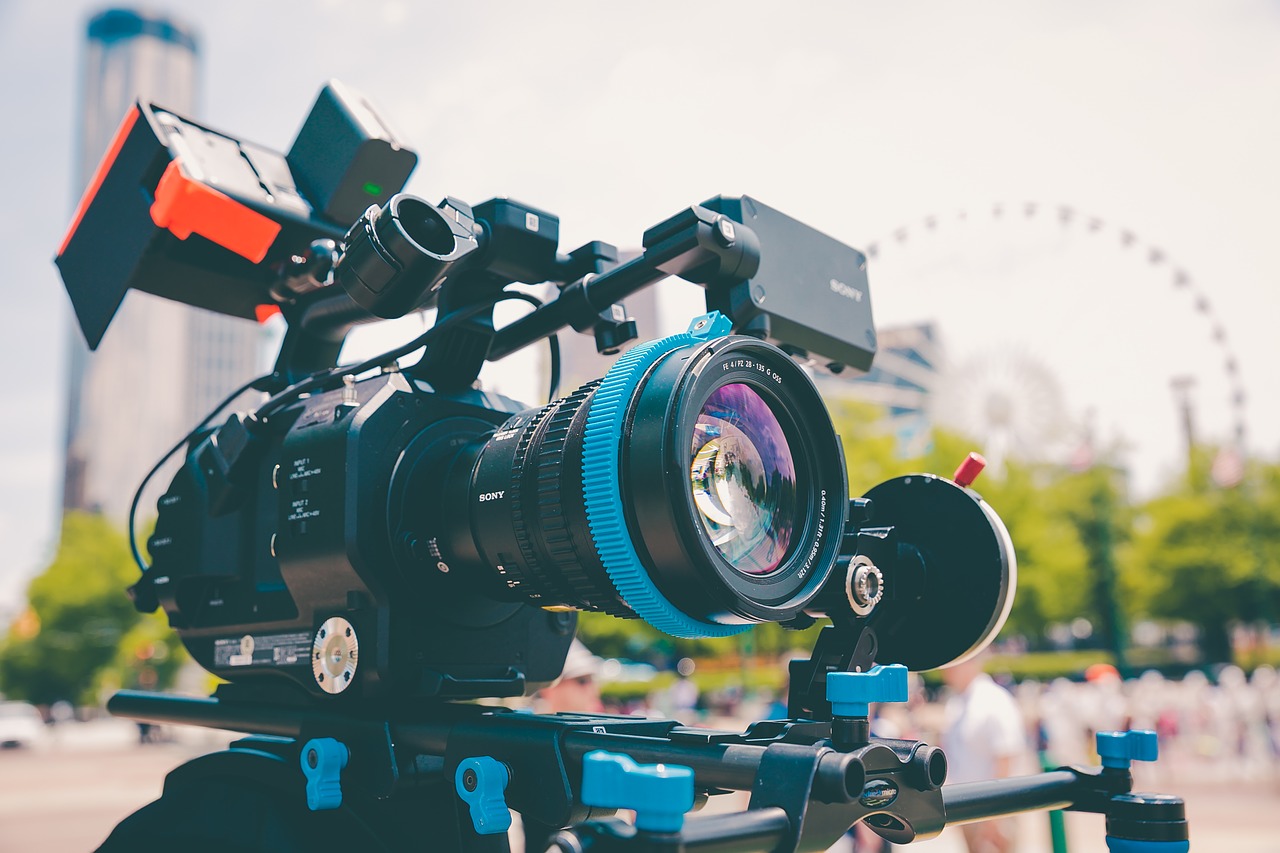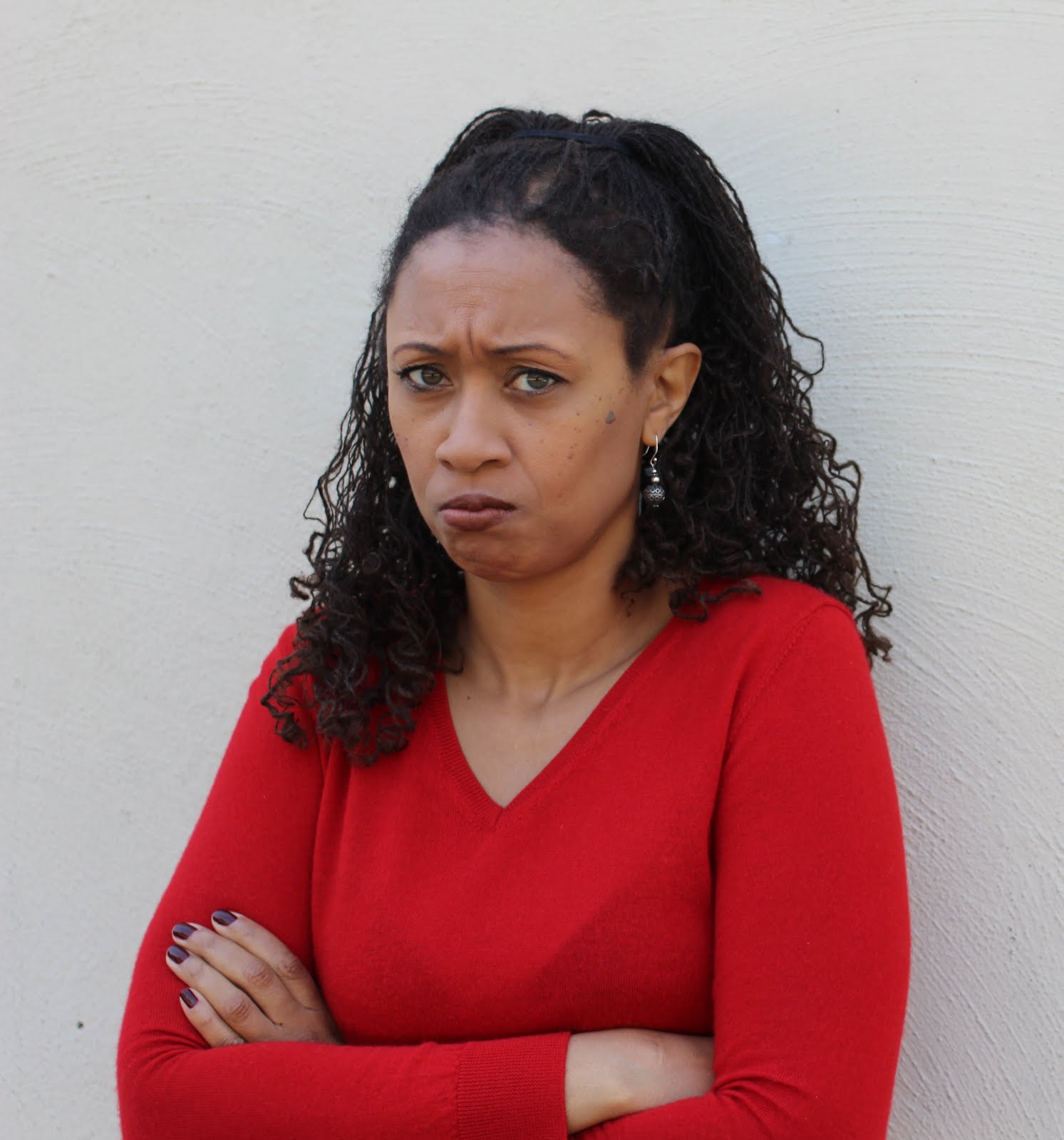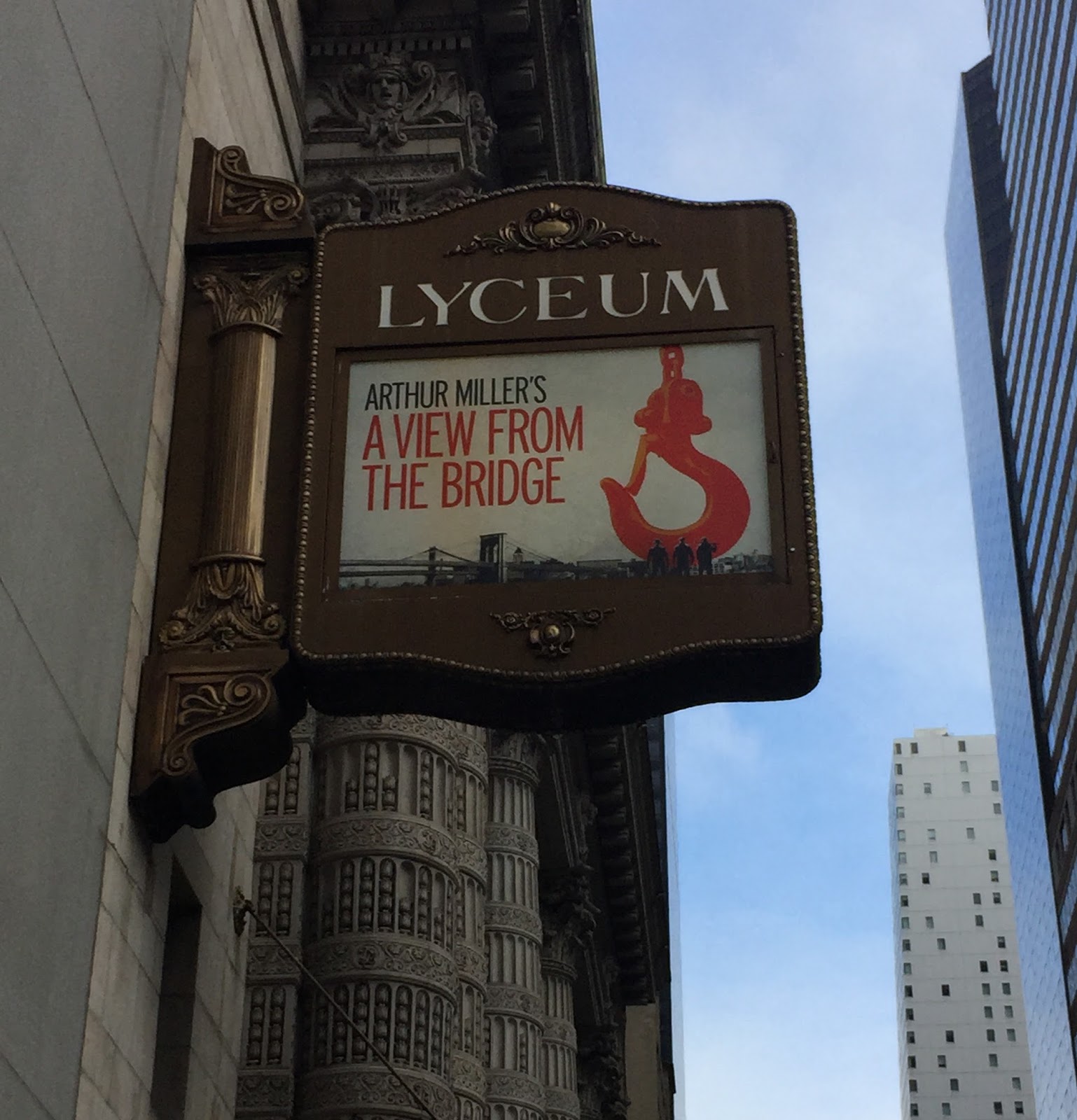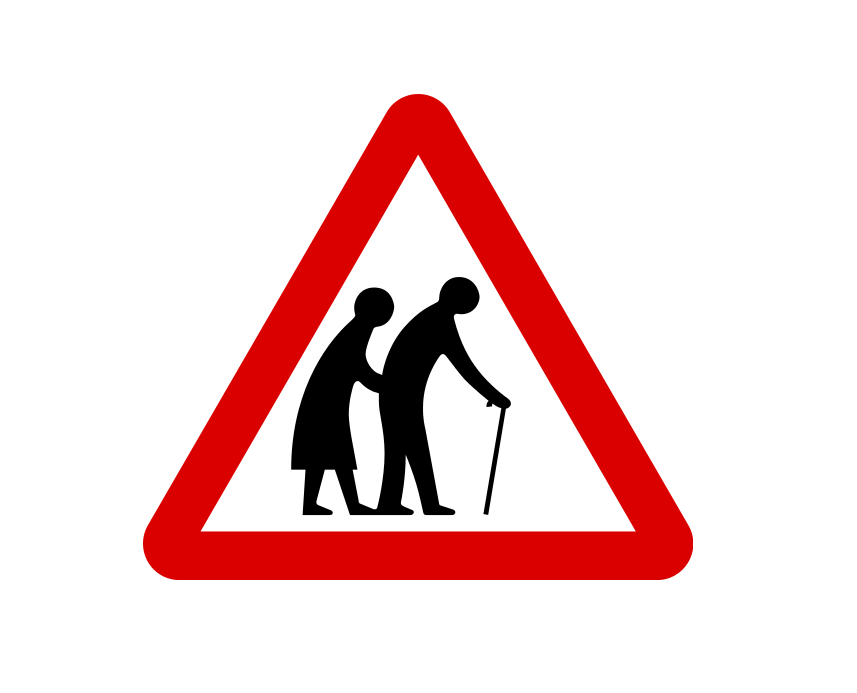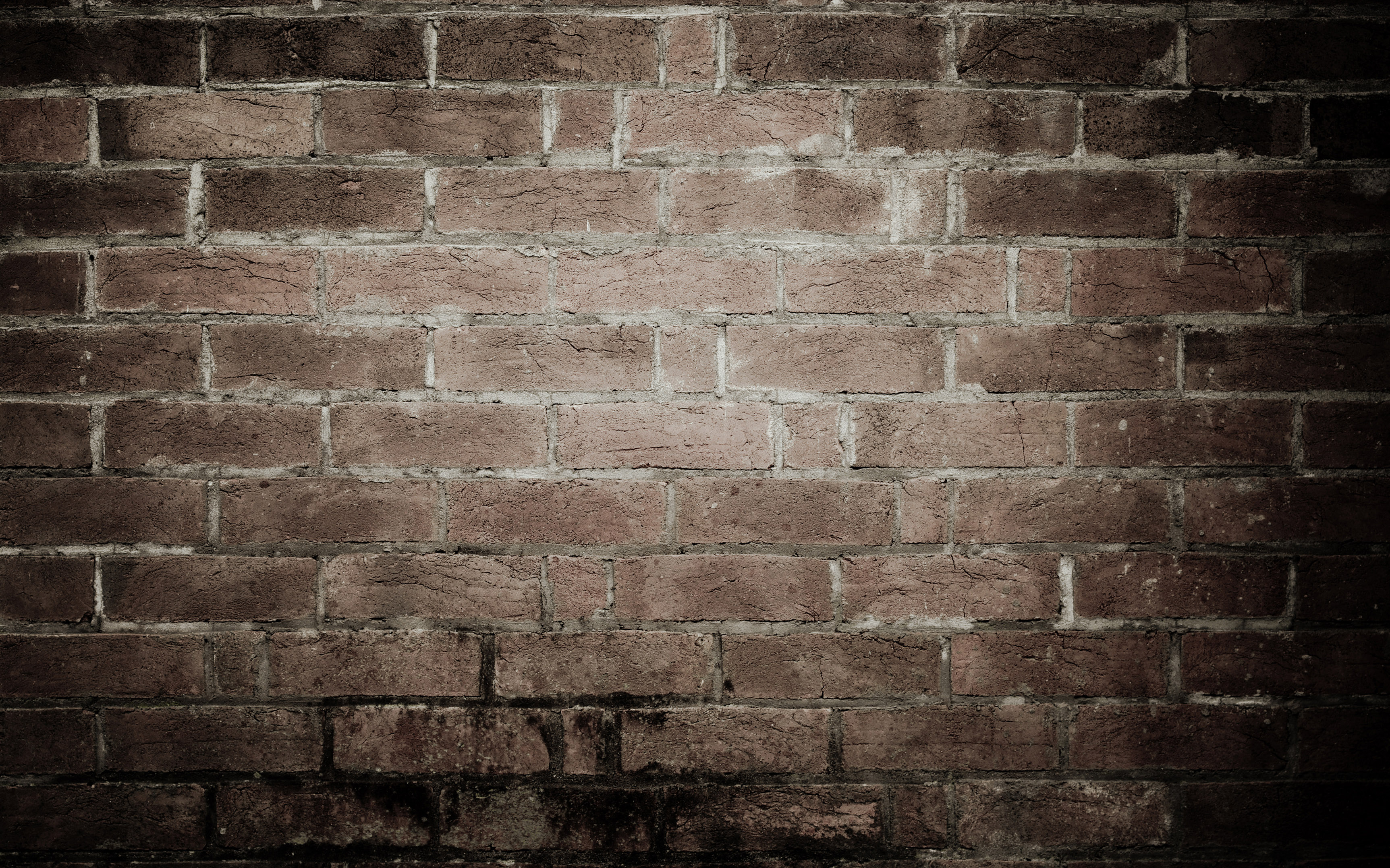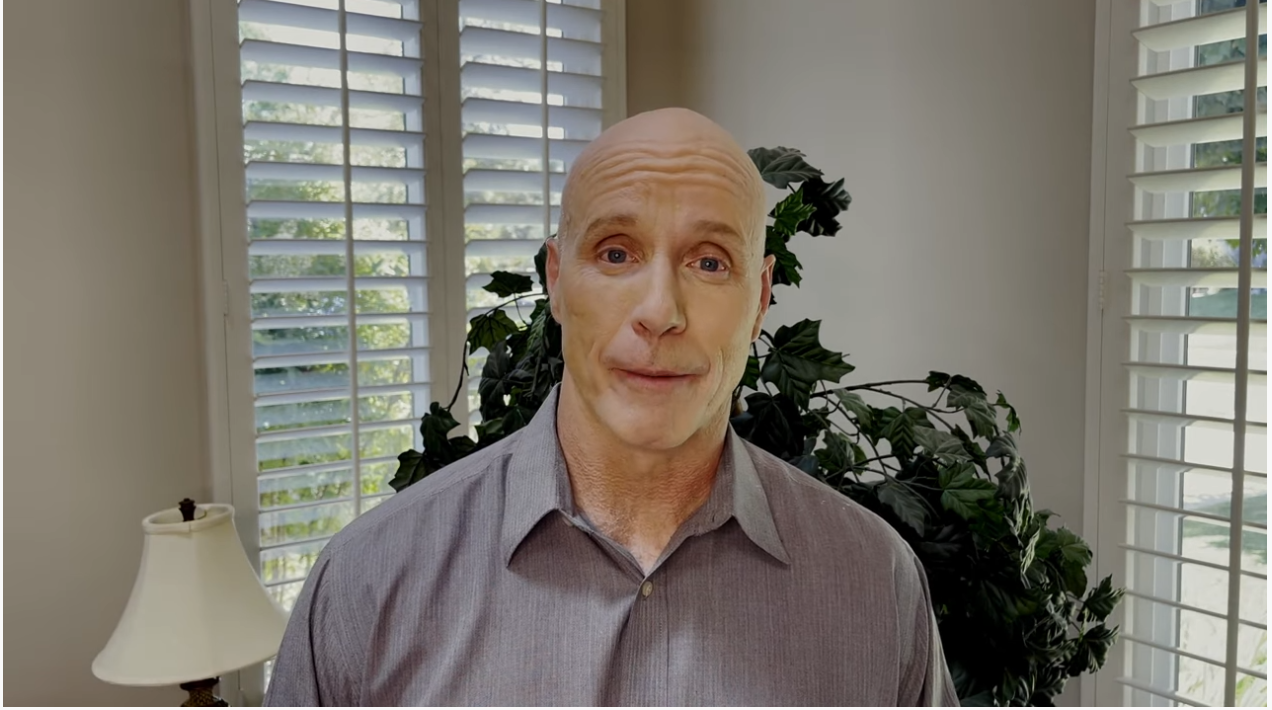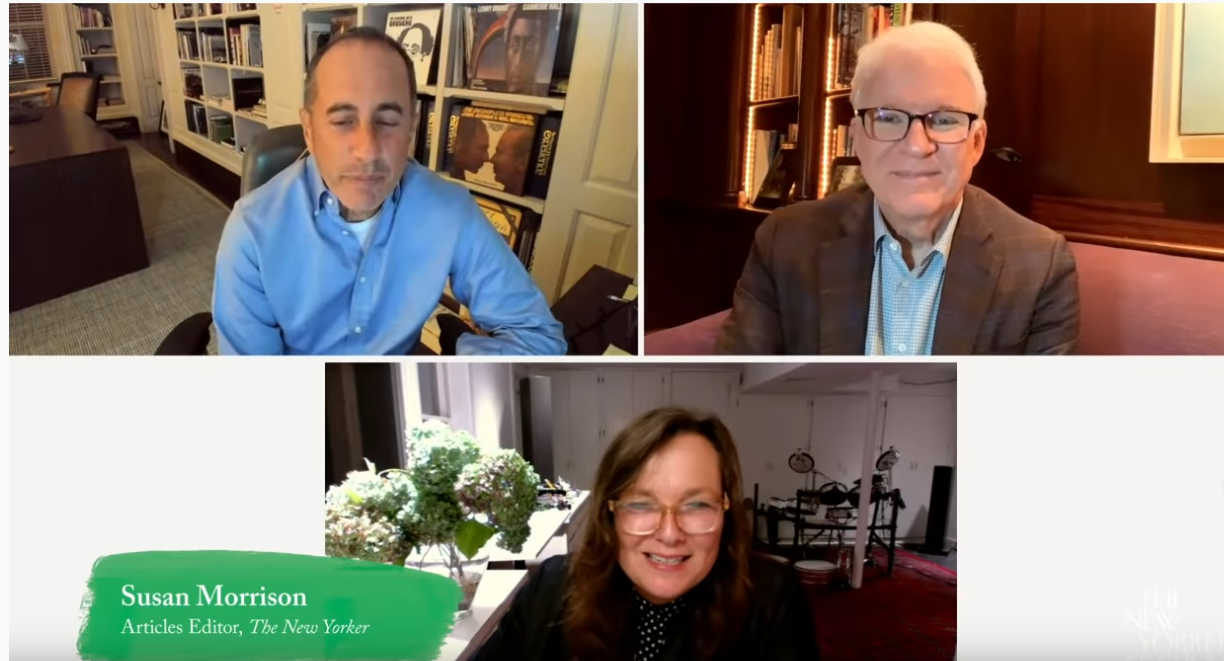 When learning about the history of comedy, I’m one of the biggest geeks one there. Everything about this business fascinates me, and I dedicate as much time to writing material as I do researching the lives of successful (and not so successful) comedians. When I discovered Darryl Littleton and his wife Lady Tuezdae released their new book Comediennes: Laugh Be A Lady, I jumped at the chance to interview them.
When learning about the history of comedy, I’m one of the biggest geeks one there. Everything about this business fascinates me, and I dedicate as much time to writing material as I do researching the lives of successful (and not so successful) comedians. When I discovered Darryl Littleton and his wife Lady Tuezdae released their new book Comediennes: Laugh Be A Lady, I jumped at the chance to interview them.
Littleton’s first book, Black Comedians on Black Comedy: How African-Americans Taught Us to Laugh, documented the history of African Americans in comedy. When Robert Townsend directed and produced Why We Laugh: Black Comedians on Black Comedy, a documentary based on the book, it became increasing popular among comedy fans. Littleton, whose other works include Pimp Down: The Rise & Fall of Katt Williams and Forefathers, the story about the first black president (it wasn’t President Obama), said that being married to a comedienne inspired him to write about women in comedy.
Comediennes: Laugh Be A Lady is not your average historical comedy book. The authors reach as far back as the 10th century to discuss when nuns were writing comedies. They continue into the 1800s, providing an overview of the female minstrel shows. Many of the strides women made in comedy are acknowledged. While most of the names are some that you will recognize (Lucille Ball, Whoopi Goldberg, Rosanne Barr, etc.), a larger focus is placed on lesser known comediennes. “It talks a lot about the women who are the workers,” said Lady Tuezdae. “They are hitting it hard. Twenty to 30 years in the game. People don’t understand. That’s comedy!”
Lady Tuezdae also discussed the challenges women face in the comedy business. “Women are not given the same respect as men. You have to go in there 10 times harder to pull the laughs because you are re-setting the tone. Once the emcee announces, ‘Are you ready for a female comic?’ — that changes it for the audience.” Interviews from various comediennes reveal some of the other disadvantages of working full-time in comedy such as promoters making sexual advances, getting stiffed, and bringing their children on the road.
If comedy is this difficult for women, then why would anyone continue to pursue it? “You have to know you have it for the long haul,” Lady Tuezdae said. “Comedy is hard! We’re in a “one phone call” away business. Today it may seem bleak and dry. Tomorrow, you get a booking and you’re out of the country. Takes the bumps and bruises with the hopes that this is the good stuff that happens; it’s nothing. I take the bitter and the sweet. At the end of the day, I get to do what — I want make people laugh!”
Comediennes can build their fan bases by “honing in on what is it about them that makes them different,” said Lady Tuezdae. “If they are attractive and sexy, they often down play it because they want to be taken seriously. It comes down to you knowing you! Play what you are and sell it! You have to be dedicated to social media, and run it like a business. Keep you cell phone bill paid; because you can’t pass people your mama’s cell phone number. You can’t “Re-Boost” your mobile phone while making comedy plans.”
This book is one that you should take time to understand. It will show you some of the ugly aspects of comedy, but also explain why these comediennes continued to perform in spite of the obstacles they faced. It draws a picture of where their comedy comes from, and how their futures are only limited by their determination. You can visit Darryl Littleton and Lady Tuezdae at their website http://www.ccomedytime.com/
© 2012 Wayne Manigo
Wayne Manigo is a comedian and co-founder of DC Comedy Writers Group. He is the creator of “Addicted to Comedy,” and the ‘brainchild’ behind the annual comedy conference, Starting Stand Up: A Comic Beginning. He also produces the show, Bellylaughs in Bethesda at Caddies at Cordell.

